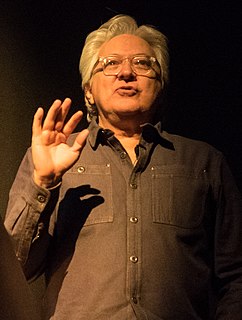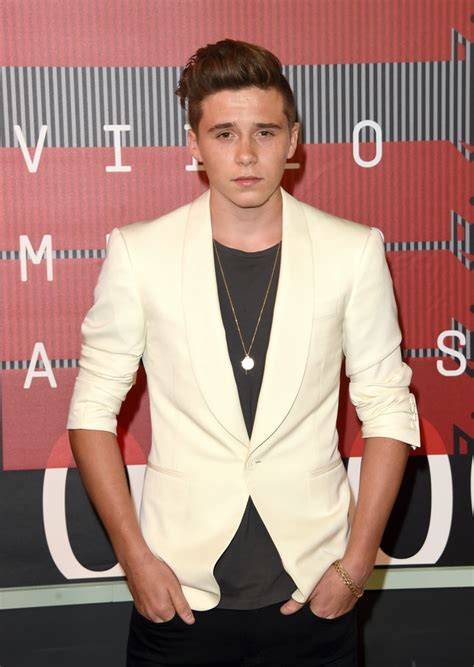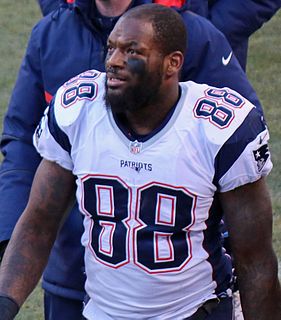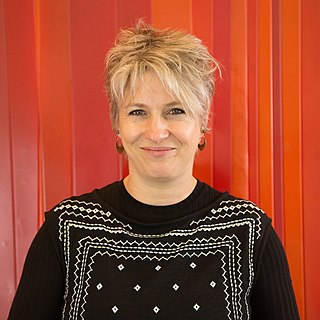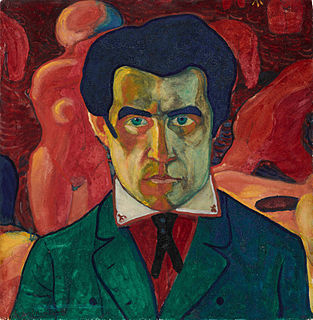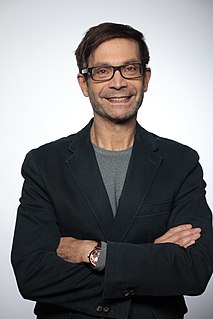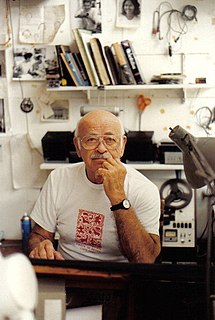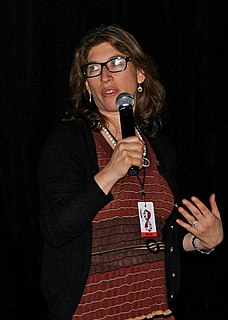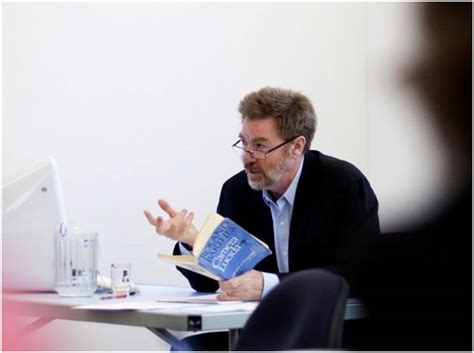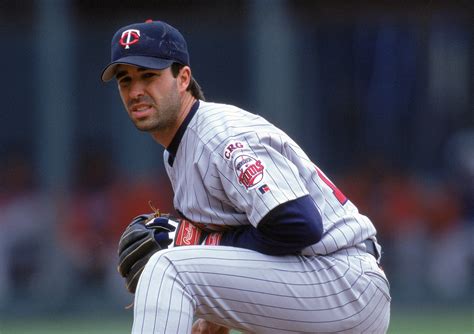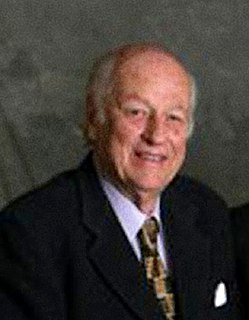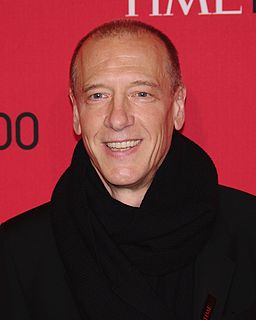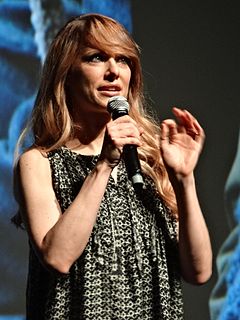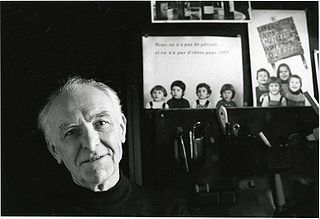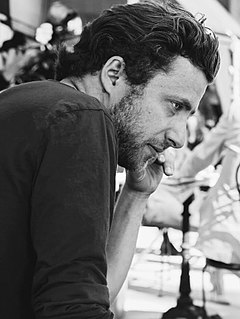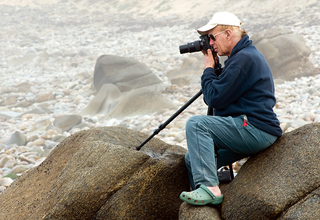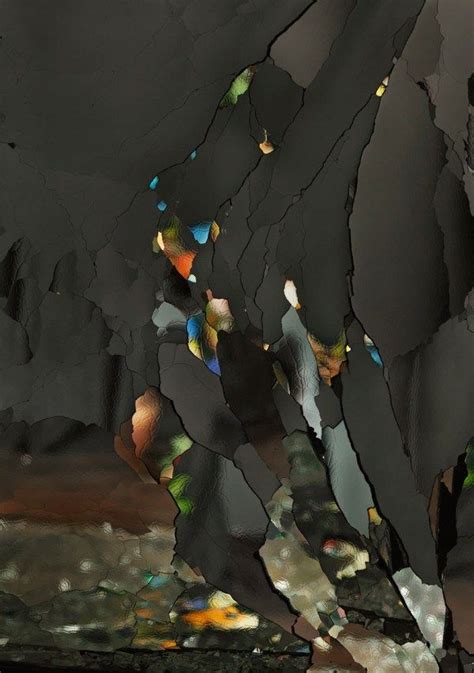Top 1200 Photography And Film Quotes & Sayings
Explore popular Photography And Film quotes.
Last updated on April 14, 2025.
When I was in the 12th standard itself, I decided to join the Adyar Film Institute and study photography. I specifically chose photography because I see photography as an applied science. There is an artistic element also in it. If you perfect your scientific element, you can attain certain quality.
I regard photography and film simply as new technical means which painters must absolutely make use of, just as from time out of mind they have made use of brush, charcoal and color. It is certain, however, that photography and film must become as evocative for the sensibility as pencil, charcoal and brush. (1927)
I don't want to knock photography, and I don't feel that film is up there but photography isn't. I think they're next to each other really, you know. There's an incredible strength to a still picture. Or there can be an incredible strength to a still picture that can outlive you. That can outlive a film.
Anthropology... has always been highly dependent upon photography... As the use of still photography - and moving pictures - has become increasingly essential as a part of anthropological methods, the need for photographers with a disciplined knowledge of anthropology and for anthropologists with training in photography has increased. We expect that in the near future sophisticated training in photography will be a requirement for all anthropologists. (1962)
It was only after a while, after photographing mines and clear-cutting of forests in Maine, that I realized I was looking at the components of photography itself. Photography uses paper made from trees, water, metals, and chemistry. In a way, I was looking at all these things that feed into photography.
I don't know that there were any rules for documentary photography. As a matter of fact, I don't think the term was even very precise. So as far as I'm concerned, the kind of photography I did in the FSA was the kind of photography I still do today, because it is based on passionate concern for the human condition. That is the basis of all the work that I do.
I collect art on a very modest scale. Most of what I have is photography because I just love it and it makes me happy and it looks good in my home. I also have a pretty big collection of art books mainly, again, on photography. A lot of photography monographs, which is great because with photography, the art itself can be reproduced quite well in book form.
I became passionate about nature filmmaking when I graduated from UCLA, and one of the things I always wanted to do was shoot really high quality film, so I got into time-lapse photography - so that means when you shoot a flower, you're shooting, like, one frame every twenty minutes, so that's basically two seconds of a film per day.
I left film because I felt that photography was my art. It was something I could do on my own, whereas film was so collaborative. I thought as a photographer I could make something that was artistic and that was mine, and I liked that. And it wasn't until I got back into film and I have very small crews and I could do very tiny filmmaking that wasn't 100 people that I still felt that I was making something artistic as a filmmaker. So, you know, I'm an artist, and whether it's photography or film, I want my voice to be there and I think my voice is very strong in this film.
I did photography in summer camp; I did it in high school. The only hard decision I've had to make was whether to go towards photo or film. And I ultimately realized that the type of photo I was interested in was actually photojournalism. And it's a very individualist career, whereas film is a very team-driven medium. So that's why I chose film.
I find that when one has worked long enough, technical know-how becomes almost irrelevant. In photography, it's not difficult to reach a technical level where you don't need to think about the technique any more. I think there is far too much literature and far too much emphasis upon the techniques of photography. The make of camera and type of film we happen to use has little bearing on the results.
I don’t use an exposure meter. My personal advice is: Spend the money you would put into such an instrument for film. Buy yards of film, miles of it. Buy all the film you can get your hands on. And then experiment with it.That is the only way to be successful in photography. Test, try, experiment, feel your way along. It is the experience, not technique, which counts in camera work first of all. If you get the feel of photography, you can take fifteen pictures while one of your opponents is trying out his exposure meter.
To know whether photography is or is not an art matters little. What is important is to distinguish between good and bad photography. By good is meant that photography which accepts all the limitations inherent in photographic technique and takes advantage of the possibilities and characteristics the medium offers. By bad photography is mean that which is done, one may say, with a kind of inferiority complex, with no appreciation of what photography itself offers: but on the contrary, recurring to all sorts of imitations.
